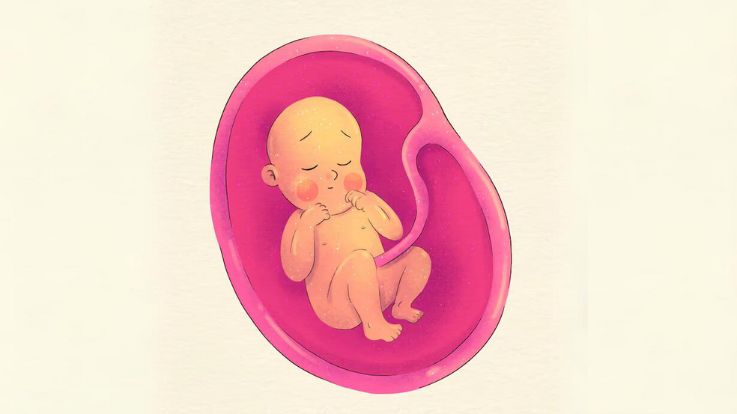Understanding The Age Limit On IVF Treatment In India

Late Sidhu Moosewala’s 58-year-old mother recently conceived a baby via IVF causing an uproar because of her age. The current age limit for women seeking IVF services is 21 to 50 years under section 21(g)(i) of the ART Act. Since this case has captured the attention of the government and common folk, let’s deepdive into understanding the age limit on IVF treatment in India.

Age Factor
Age plays a major role in the success of IVF treatment. As women age, the quality as well as quantity of their eggs decline, reducing the chances of conception and increasing the chances of pregnancy complications. Similarly, advanced paternal age can impact sperm quality which ultimately affects fertilization and embryo development. It is because of these reasons that fertility specialists recommend IVF treatment at a younger age to get more positive outcomes. Dr Sandeep Talwar, Infertility Specialist at Nova IVF Fertility says, "The ART Act safeguards the health of the mother and the baby first while undergoing fertility treatments. This law recognizes the inherent health risks that parents and children face when they choose to have children later in life. Elderly couples are more prone to having cardiovascular diseases which impacts the quality of their life."

ICMR Guidelines
The Indian Council of Medical Research (ICMR) has put together extensive guidelines and regulations governing IVF treatment in India. While these guidelines do not specifically mention an age limit for undergoing IVF, they highlight the importance of considering the woman's age, overall health, and potential risks that may be associated with advanced maternal age.
The main factors that influence the determination of an appropriate age limit for IVF treatment are:
- Female Age: While women over the age of 35 can still undergo successful IVF treatments, they may face a drop in ovarian reserve and reduced fertility potential which causes success rates to decline significantly.
- Male Age: A man’s age also has a significant role to play in the success of IVF procedures. Advanced paternal age can impact sperm quality which, in turn, contributes to decreased fertility and a risk of genetic abnormalities in the child.
- Health Status: The overall health and medical history of the prospective parents also have a big influence on the age limit. An individual with underlying health conditions may face additional challenges in conceiving through IVF. An older individual without any underlying health conditions may find better success with IVF than a younger individual with medical risk.
- Ethical and Legal Considerations: While IVF treatment is available to individuals of varying ages, ethical and legal considerations surrounding parenthood and child welfare come into play. Most fertility clinics will also weigh the benefits and risks of IVF treatment for older individuals, considering factors such as parental capacity, support systems and the well-being of the child before recommending it. "The physical duties involved in parenting, such as sleepless nights and chasing after hectic toddlers, can also physically exhaust older parents, which might worsen pre-existing medical conditions and increase stress levels. The well-being of the child is overall negatively impacted" adds Dr Talwar.
The Importance Of Counseling
Given the complexities surrounding age and IVF treatment, it is important to consult with an expert. Most fertility clinics offer pre-treatment consultations to discuss the implications of age, fertility potential and create personalized treatment plans. A sound consultation with a fertility expert will help you approach your IVF journey with caution and care.
Irrespective of the debate on whether an individual should be free to get IVF at any point in their life, age remains a critical factor in determining the suitability and success of treatment.
Be the first to support
Be the first to share
Comment (0)
Related Blogs & Vlogs
No related events found.
Loading more...
